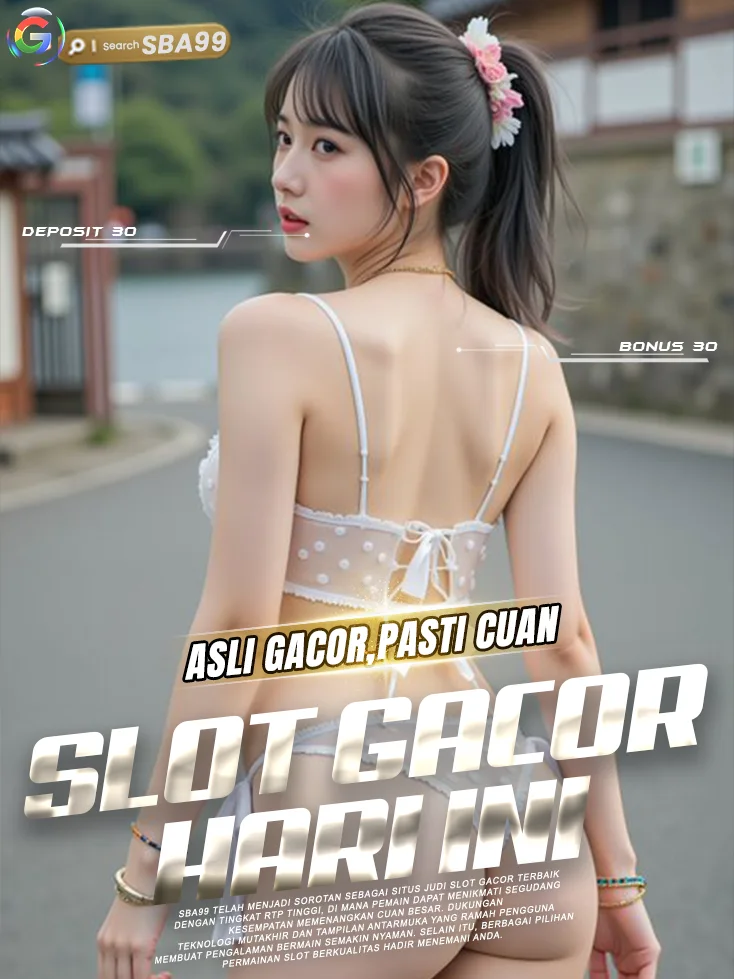SBA99 ☝️ Slot Server Hongkong 4d via Scoreboardmemories 2025
SBA99 merupakan slot server hongkong menawarkan pengalaman bermain slot online yang seru dengan tingkat kemenangan tinggi dari server hongkong yang dikenal stabil dan gacor. dengan dukungan rtp besar dan koleksi game terbaik, sba99 menjadi pilihan tepat bagi para pecinta slot yang menginginkan cuan maksimal. proses deposit dan withdraw cepat, didukung berbagai metode pembayaran seperti qris, dana, dan transfer bank.
SBA99 merupakan slot server hongkong menawarkan pengalaman bermain slot online yang seru dengan tingkat kemenangan tinggi dari server hongkong yang dikenal stabil dan gacor. dengan dukungan rtp besar dan koleksi game terbaik, sba99 menjadi pilihan tepat bagi para pecinta slot yang menginginkan cuan maksimal. proses deposit dan withdraw cepat, didukung berbagai metode pembayaran seperti qris, dana, dan transfer bank.
SBA99 merupakan slot server hongkong menawarkan pengalaman bermain slot online yang seru dengan tingkat kemenangan tinggi dari server hongkong yang dikenal stabil dan gacor. dengan dukungan rtp besar dan koleksi game terbaik, sba99 menjadi pilihan tepat bagi para pecinta slot yang menginginkan cuan maksimal. proses deposit dan withdraw cepat, didukung berbagai metode pembayaran seperti qris, dana, dan transfer bank.
